I’m always harping on the importance of a poetry critic’s quoting passages or whole poems by the poets he discusses. This is not revolutionary: it’s taught, I believe, in most college courses on the subject. A critic should also zero in on quoted material at times, too. I sometimes fail to do both myself, so am re-posting to the following excerpt from a poem from Sheer Indefinite, by Skip Fox, in order to say a little about it:
Neither does the world answer but
in mute response. Cold
wind this morning before
dawn, cold
rock in its eye,
frozen
dream in its mind.
First, here’s what Patrick James Dunagan said about it at his blog
here, where I got it: “This is from a poem titled ‘sic transit’—one of several of the same title included here. (It’s on page 100–BG) These breezy markers of reoccurrence give a slight whimsy brokered through its scattering lines spread across the page expressing a moment’s hesitation before the onslaught of another day’s beginning. Fox utilizes this serial approach often in his more recent books, spreading throughout each a few poems which usually share a title, form, movement of line, and/or tone, allowing for the spreading of ongoing concerns beyond the single book, such that no
single collection is ever final, or complete.”
.
The text begins “sic transit,” which surprised me a little, but should not have, since Fox likes to jump into the midst of things, then let his readers fumble for orientation, which tends to help them find more, sometimes a lot more, of where the poem has put them than a poem trying harder to be accessible. That is, you will learn more about an unfamiliar forest you have no easy-to-find path into if forced inside it to search for a way through it. Moreover, this poem begins in answerlessness, so the tactic is all the more appropriate. The poems then goes on to what seem to me Roethkean-level lyrical heights about the beauty of the night sky (moon, Venus, Saturn, Jupiter, etc.) whose “wanderers” seem “endlessly searching . . . each sign a station pronounced/ sentence or dance of mythos, fluent/ within/ what?” Which gives us a better but far from complete idea of the question “the world answer(s) but/ in mute response.”
.
The passage is improved by its context–but I love it as a stand-alone, too, for its haiku-sharp evocation of coldness–in a still-dark morning, which is upped dramatically, first by the rationally-wrong, surrealistically-right cold rock, second by its eye–and, hence, sentience which personalizes its effect on the unidentified Everyman looking for an answer– and third (and fourth) by the “frozen dream in its mind,” which–almost wittily–outdoes the cold rock (as a colder version of it) in rational-wrongness/surrealistic-rightness.
.
Note: I like what I’ve written here–right now, just after writing it. Who knows how I’ll feel about it tomorrow or a month from now. But I like it now, which I mention because I notice that more often than not when I write close criticism like it, I have to really push myself to begin, because I feel empty. But something always seems to come–in this case helped by what another critic, Patrick James Dunagan, had said.
.
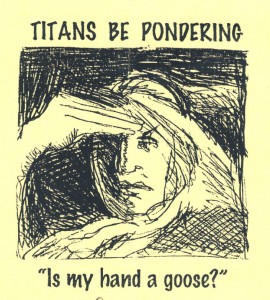
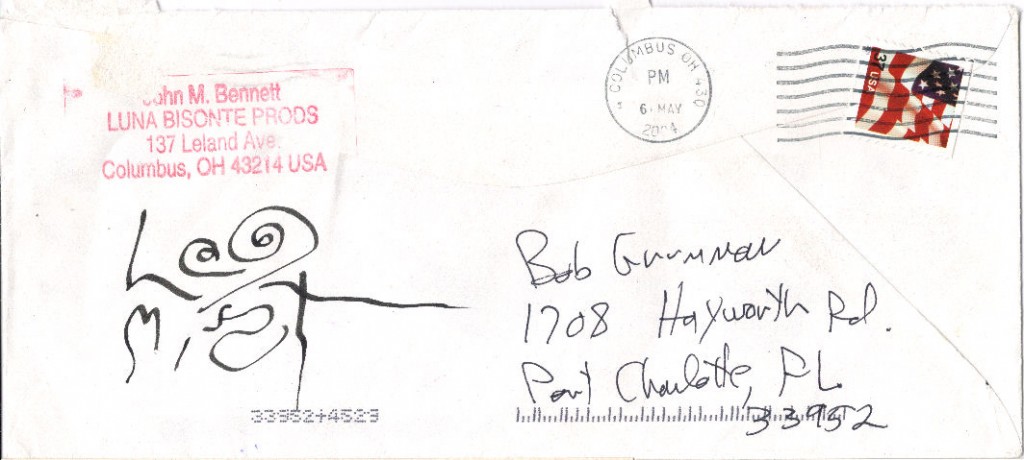
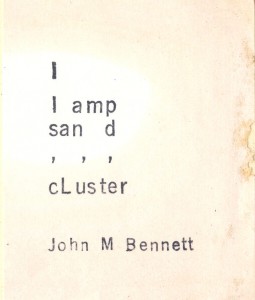
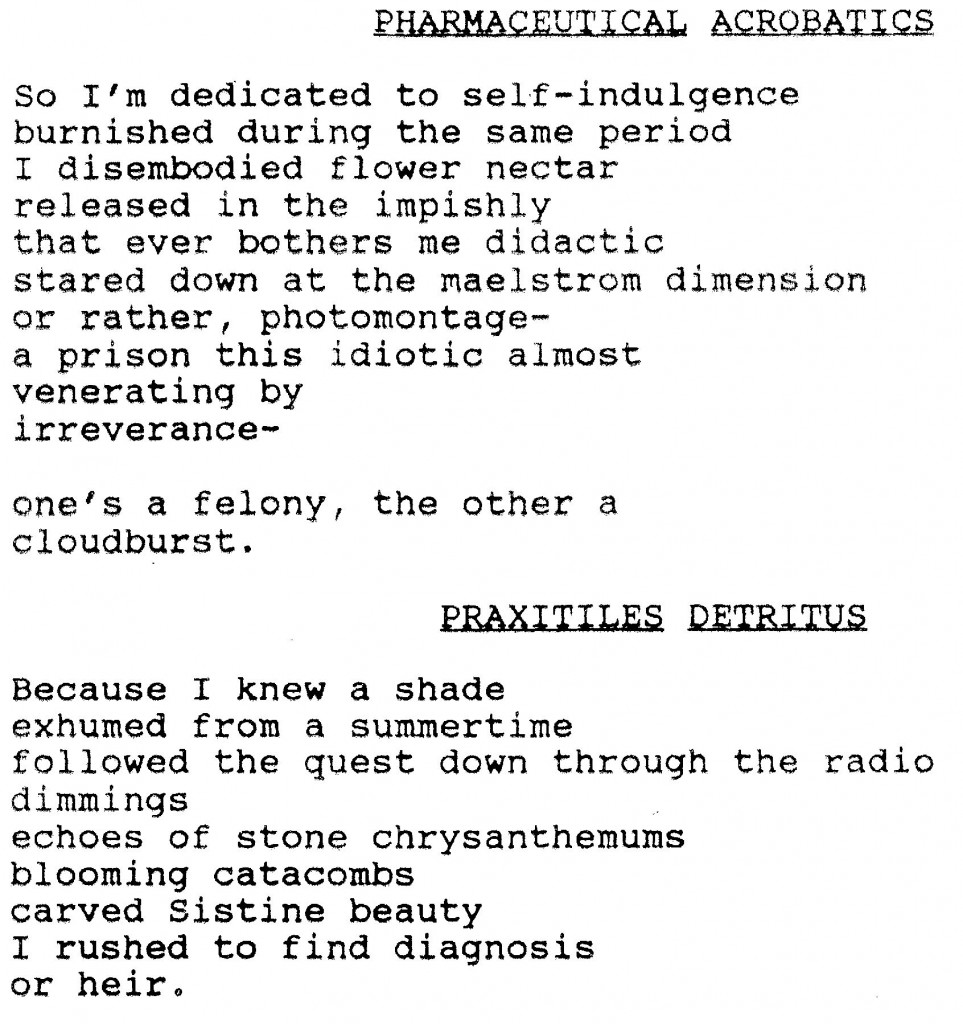
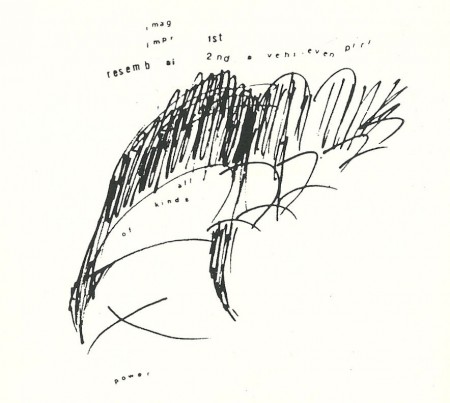
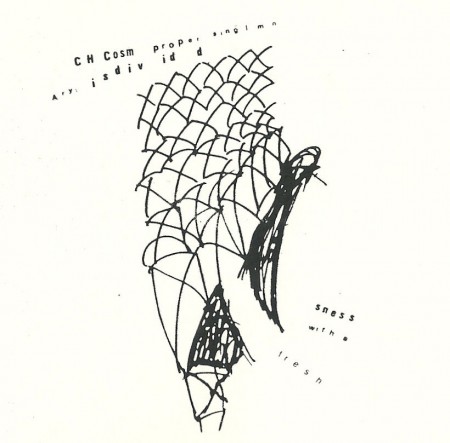
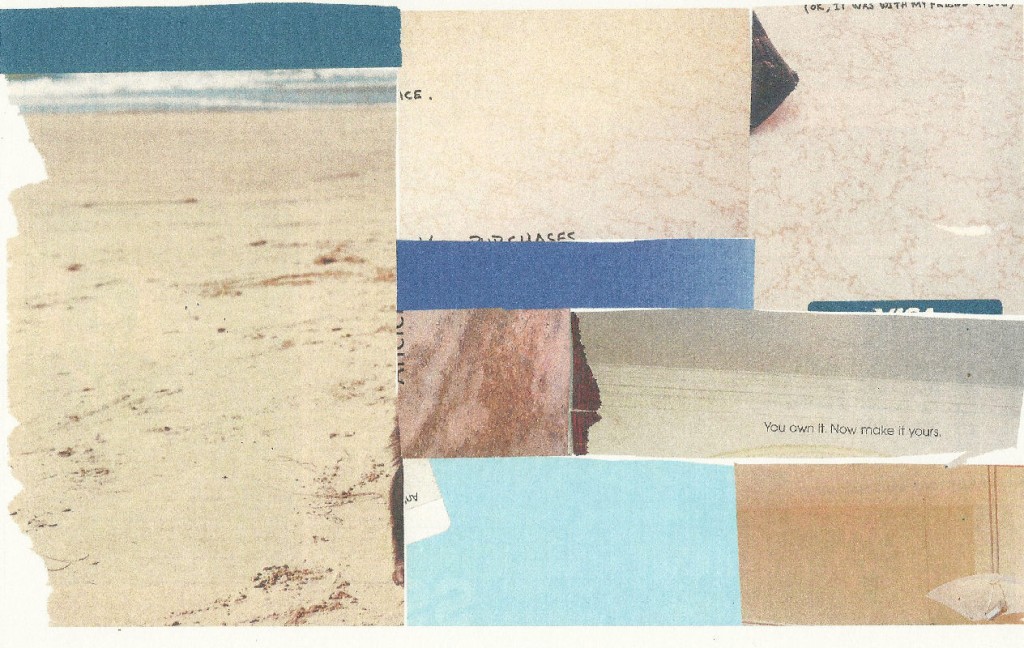



Lesson: it’s better to ride your bike than make your doctors and pharmaceuticals richer than they are. Tell them to stick their prednisones up their ass. You probably don’t need them.
Exercise, diet, sleep…all you need, my friend. And, of course, poetry
Happy cycling!
Maybe, Conrad. But I’ve been riding a bike almost every day all my life, and right now I can barely walk, so I don’t think bike-riding will cure me. Also, the x-rays I’ve had pretty convincingly indicate arthritis and pinched nerves and inflammation, which Prednisone has been shown to be effective against sometimes. So I’ll trying it. Then physical therapy which has helped me a lot in the past, or so it seems. We’ll see how it goes. I don’t think the prednisone can hurt, me–and hey, I only paid forty cents for it! Nothing for the hospital visit. Of course tax-payers paid a lot for it, which bothers me, but I’m too impoverished for me to reject it. Besides, most of the tax-payers voted to be taxed, even if they thought others would be taxed but not them.
In any case, thanks for the interest, and support! I’ll let everyone know how things turn out. Right now my pain is worse–but it’s localized in a single spot for the first time, which I take as a good sign. Gotta think positive–not because i can help me mend but because it’ll make me feel better.